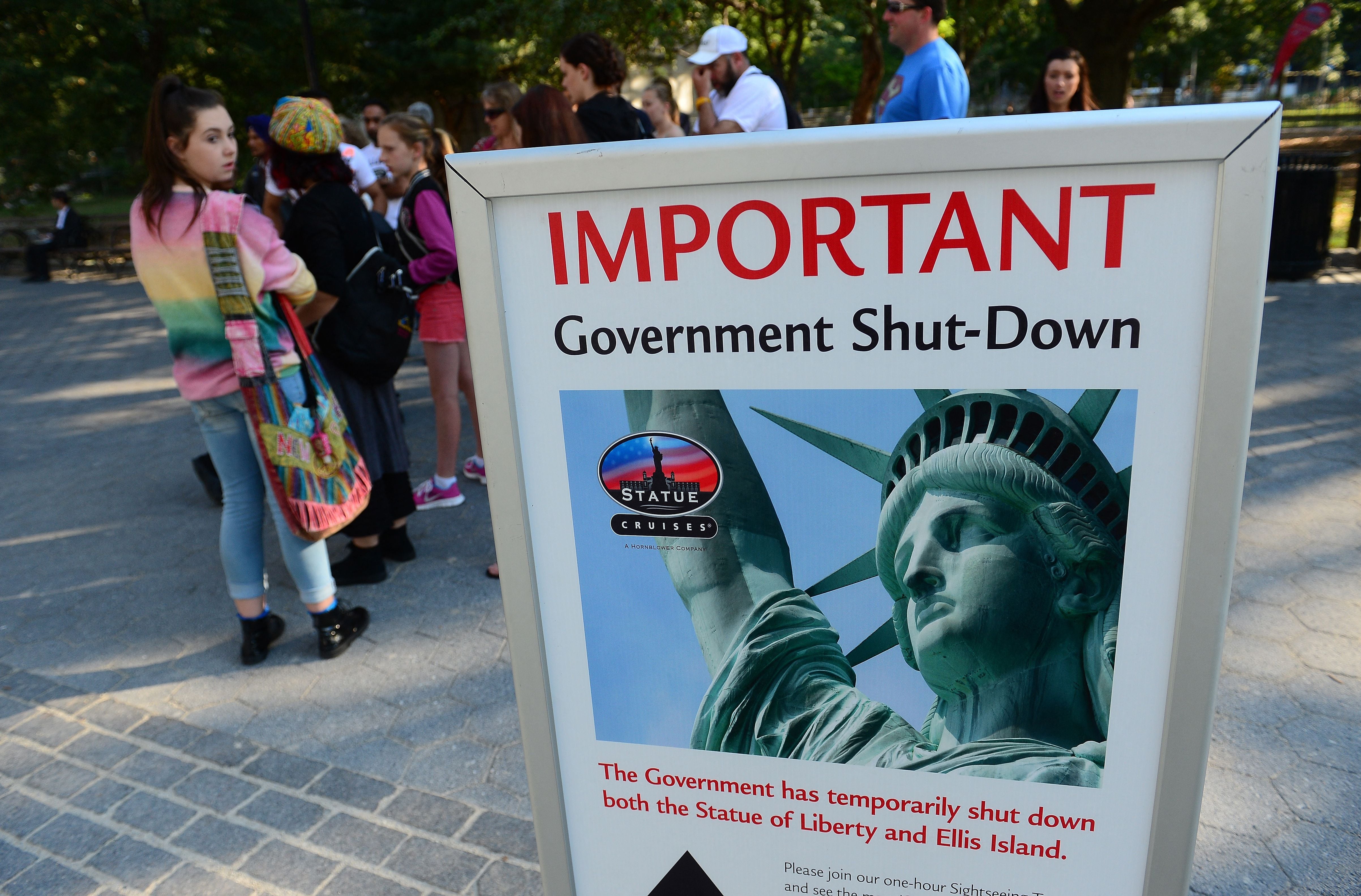This story was updated Sept. 7, 2022, at 9:56 a.m. EST.
WASHINGTON — The U.S. Air Force launched an unarmed intercontinental ballistic missile at 1:13 a.m. Pacific Standard Time on Wednesday.
The Minuteman III took off from Vandenberg Space Force Base in California, with the base confirming the test of the Air Force Global Strike Command weapon.
According to Farrah Kaufmann with the base’s public affairs team, the ICBM was equipped with three test reentry vehicles, and the weapon traveled 4,200 miles at more than 15,000 mph to a test range at the Kwajalein Atoll near the Marshall Islands.
Original story:
The U.S. Air Force plans to conduct a test launch of an unarmed intercontinental ballistic missile early Wednesday morning, the Pentagon announced.
Pentagon spokesman Brig. Gen. Pat Ryder said in a Tuesday briefing that Air Force Global Strike Command will launch the Minuteman III missile from Vandenberg Space Force Base in California, calling it a routine test that was scheduled well in advance.
It will be the second such test in less than a month, since the Aug. 16 launch of another unarmed Minuteman III from Vandenberg. That launch was delayed 12 days from its original date in an effort to avoid worsening tension with China after House Speaker Nancy Pelosi’s visit to Taiwan. The Chinese government objected to her visit and fired missiles into the water off the coast of Taiwan as part of military exercises.
Ryder did not address China in Tuesday’s briefing, but told reporters that the U.S. had notified Russia about plans to conduct the launch test in accordance with treaty obligations.
The launch will be similar to previous tests and is designed to verify the effectiveness and readiness of the missile system and U.S. nuclear forces, Ryder said. “The purpose of the ICBM test launch program is to demonstrate the readiness of U.S. nuclear forces and provide confidence in the security and effectiveness of the nation’s nuclear deterrent.”
Defense Secretary Lloyd Austin also delayed a previous Minuteman III test in March, shortly after Russia’s invasion of Ukraine and Russian President Vladimir Putin’s decision to put his nuclear forces on higher alert. At that time, the Pentagon said the test was delayed to avoid any misunderstanding with Russia, and the department urged Putin to take steps to lower tension.
Stephen Losey is the air warfare reporter for Defense News. He previously covered leadership and personnel issues at Air Force Times, and the Pentagon, special operations and air warfare at Military.com. He has traveled to the Middle East to cover U.S. Air Force operations.




